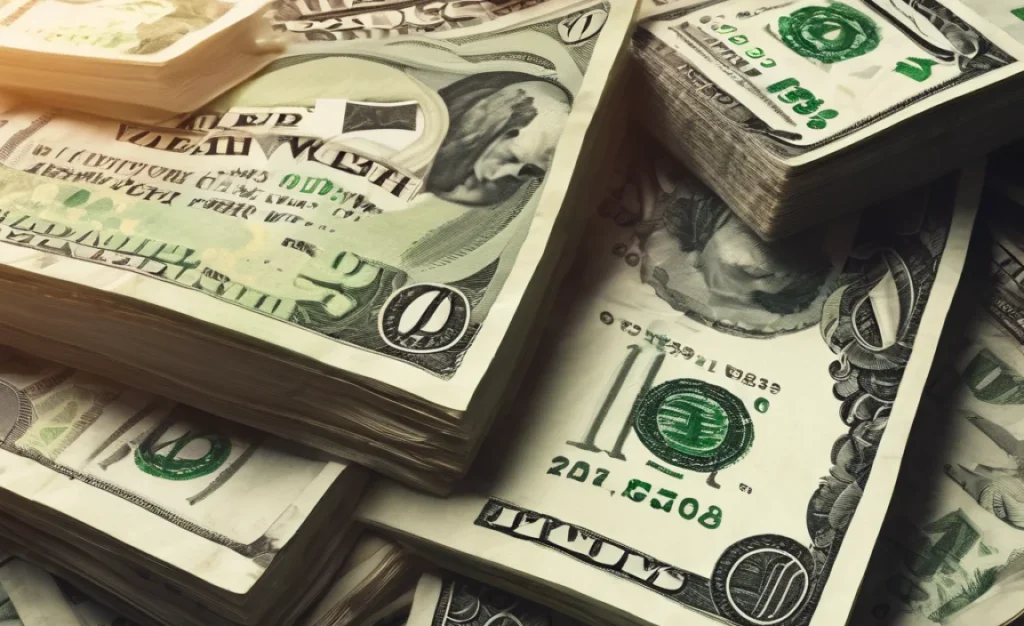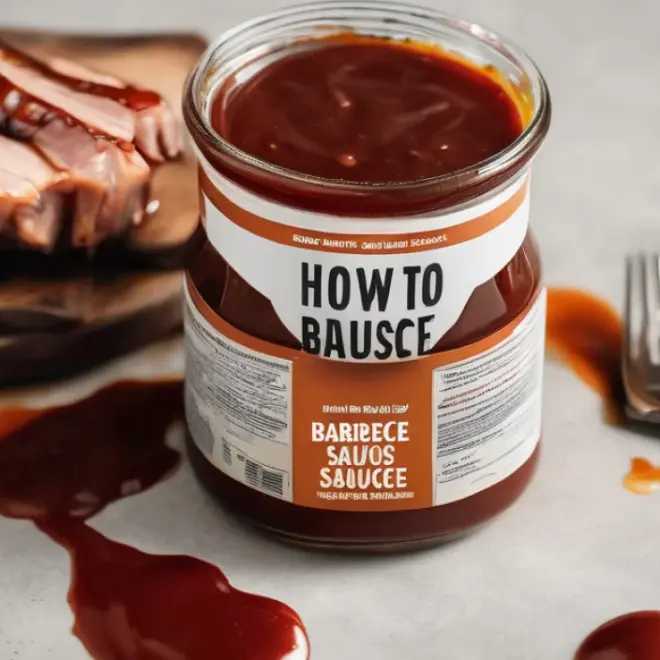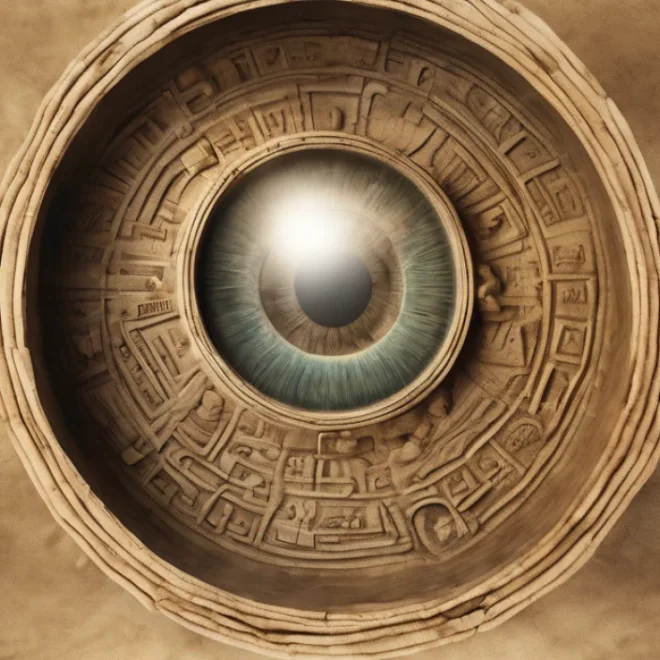Have you ever wondered about the world of money and wealth? Money makes many things happen. It buys toys, pays for food, and even helps us travel. But how did it all start? Let’s journey through the amazing world of money. We’ll discover some surprising facts about money and wealth. It’s more than just coins and paper bills. Money shapes our world in many ways!
Key Takeaways
- Money began as simple trade items like shells and stones.
- Today, money includes paper bills, coins, and digital currency.
- Wealth is not just money; it includes properties and investments.
- Learning about money helps us make smart spending choices.
- Interesting facts about money and wealth reveal its impact on society.
Facts About the History of Money
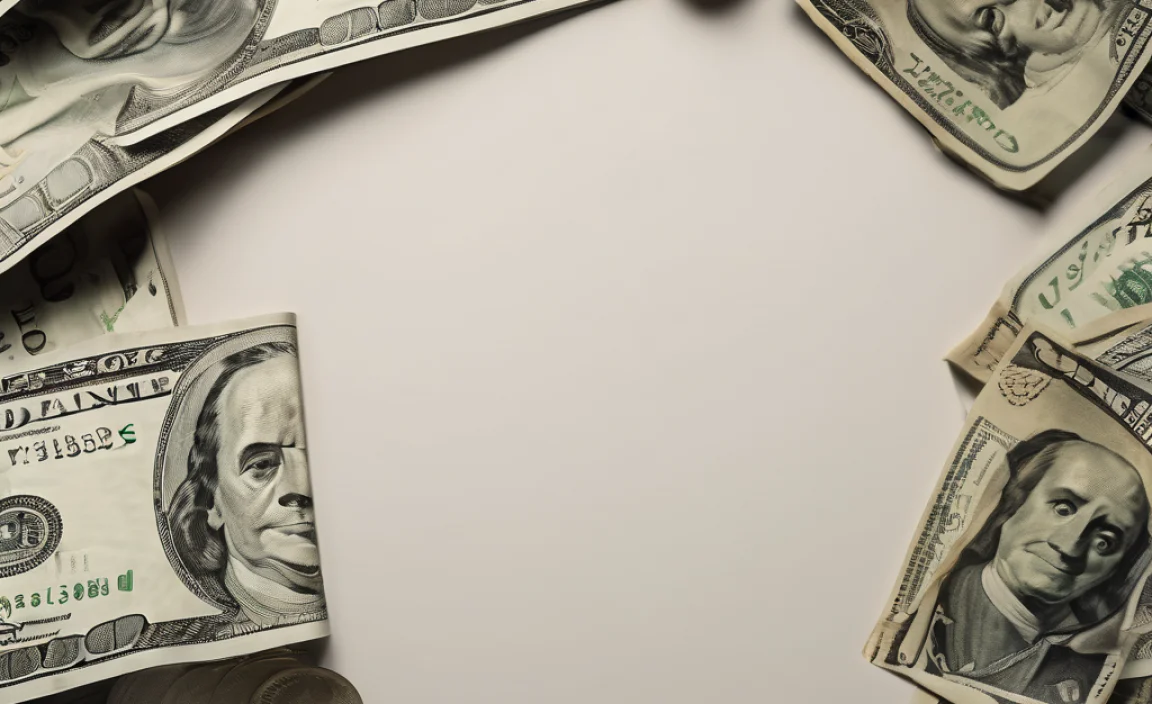
Long ago, people didn’t use money like we do today. They traded items like food, tools, and clothes. This was called bartering. Imagine trading a loaf of bread for a shirt! As time passed, people wanted an easier way to trade. They began using metal objects like gold and silver as money. These metals were valuable and easy to carry. Later, coins and paper money were created. This made buying and selling much easier.
- Early people traded goods, not money.
- Gold was used as one of the first currencies.
- Coins appeared around 600 BC.
- Paper money started in China over 1,000 years ago.
- Money systems continued to evolve globally.
Today, we use many forms of money, including credit cards and digital currency. Understanding money’s history helps us appreciate its value. Imagine carrying bags of grain to trade! Thanks to money, we can buy what we need with ease. This history shows how money and wealth have shaped societies over time.
Fun Fact or Stats : The first coins were made in Lydia, now Turkey, in 600 BC!
Why Did People Start Using Money?
Can you imagine trading apples for a toy? That’s how people traded long ago. But it wasn’t always easy. What if the person didn’t want apples? That’s when money came in. Money is a common thing everyone values. It helps people trade easily. No more worrying if someone wants your apples for their toy. Money solved this problem and made trading simple for everyone. This is why money became so important in history.
How Did Coins And Paper Money Develop?
Coins and paper money were big steps in history. Before this, people used metal bars. Lugging around a heavy metal bar to buy things was a hassle. That’s when coins changed the game. They were small, easy to carry, and worked like magic. Later, paper money was introduced, first in China. It was even lighter than coins! These developments made buying and selling much easier worldwide.
What Is The Role Of Gold In Money?
Gold has always been special. Do you know why? It’s shiny, doesn’t rust, and is scarce. People loved gold for these reasons. They even used it as money when trading. Gold became a symbol of wealth. Even today, many people invest in gold. It’s still considered valuable. This precious metal has had a big impact on money and wealth through the ages.
Facts About Modern Money Systems
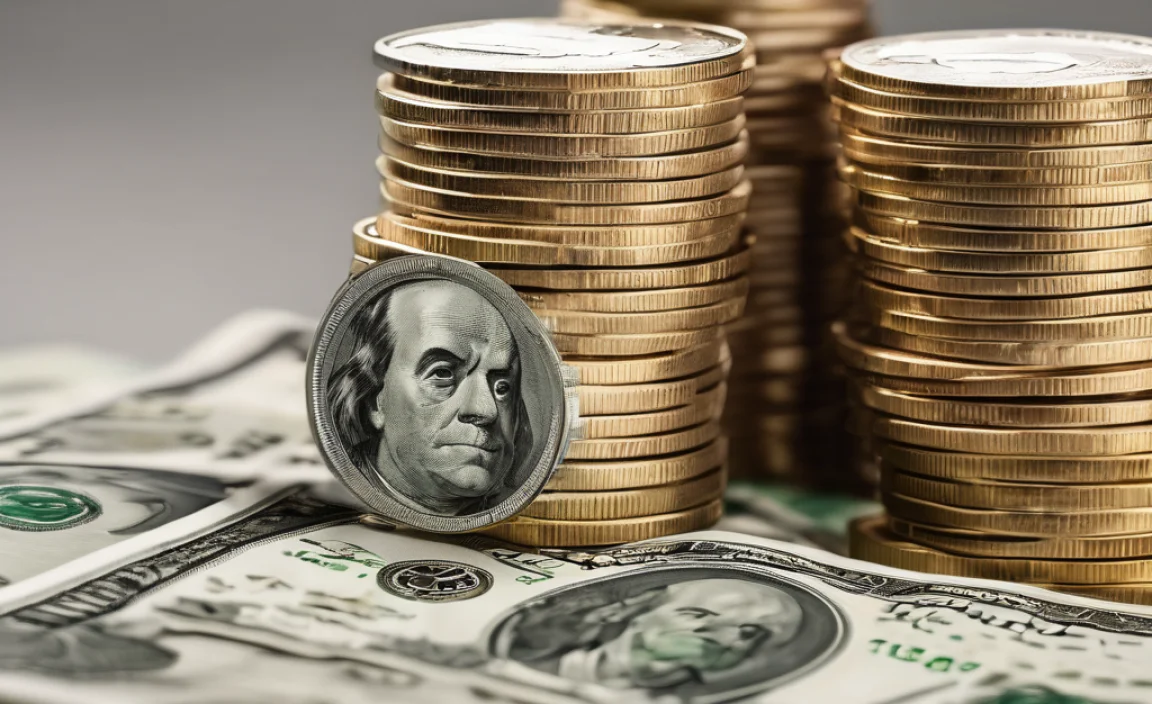
Today, money is much more than coins and paper. We have credit cards and digital money now. Credit cards let us buy things now and pay later. Digital money, like cryptocurrencies, exist only on computers. These modern systems make trading faster and easier. Money can move from one side of the world to the other in seconds! These advancements change how we think about money and wealth today.
- Credit cards offer convenience in spending.
- Digital money exists electronically.
- Cryptocurrencies are a new form of currency.
- Modern money systems are fast and global.
- Banking systems have adapted to new technologies.
These modern systems also come with new challenges. They require careful management and understanding. Learning about them helps us make smart financial decisions. Money is constantly evolving, and keeping up is essential. Who knows what the future holds for money? Staying informed helps us adapt to these changes.
Fun Fact or Stats : Bitcoin, a digital currency, was created in 2009!
Why Are Credit Cards Popular?
Have you seen your parents use a card to pay? That’s a credit card. It’s like borrowing money from the bank. It’s popular because it’s easy and quick. You don’t have to carry lots of cash. But remember, what you borrow, you must pay back. Using credit cards carefully is important. They make life easy, but being responsible matters even more.
What Is Cryptocurrency?
Cryptocurrency sounds like a big word, doesn’t it? It’s a type of digital money. It doesn’t exist in the physical form. You can’t hold it like coins or bills. Instead, it’s stored on computers. People use it to buy things online. Bitcoin is the most famous one. It’s changing how people think about money. Even though it’s new, it’s becoming popular worldwide.
How Do Banks Help With Modern Money?
Banks play a big part in modern money. They keep our money safe. They also lend money when we need it. Banks help us manage our savings. They offer services like online banking. This allows us to check our money anytime. Banks are important in our financial system. They make sure the money flows smoothly. Understanding how banks work helps us use our money wisely.
Facts About Wealth Creation

Wealth is more than just having money. It includes assets like homes and stocks. People create wealth by saving and investing. Saving means setting aside money for the future. Investing means using money to earn more money. Wise investments grow wealth over time. Education and hard work also build wealth. Learning about money and making smart choices leads to wealth.
- Wealth includes more than just cash.
- Investing helps grow wealth.
- Saving is essential for future security.
- Education plays a role in gaining wealth.
- Hard work contributes to wealth creation.
Building wealth requires planning and effort. It’s not just about earning money but managing it well. Making informed decisions is key. Wealth ensures a comfortable and secure future. Understanding how to create wealth is important for a better life. Everyone has the potential to build wealth with the right tools and knowledge.
Fun Fact or Stats : Warren Buffett, a famous investor, started investing at age 11!
| Wealth Type | Description | Example |
|---|---|---|
| Assets | Things you own that have value | House, Car |
| Investments | Money put into ventures for growth | Stocks, Bonds |
| Savings | Money set aside for the future | Savings Account |
| Education | Knowledge and skills for earning | Degrees, Certifications |
How Do People Build Wealth?
Building wealth starts with good habits. Saving a little money every week helps. Putting money into investments makes it grow. Learning about investments is crucial. People also get wealth through education. More skills mean better jobs. Hard work and smart decisions pave the way. Consistent efforts lead to greater wealth. With time, these efforts create a comfortable life.
Why Is Investing Important?
Investing is like planting a tree. You plant a small seed today. It grows into a big tree tomorrow. Investing works the same way. Putting aside money now grows into more money later. Stocks, bonds, and real estate are ways to invest. Investments bring more wealth over time. They are key to financial success. Understanding investments helps make better choices.
How Does Education Influence Wealth?
Education is a powerful tool. It helps people gain knowledge and skills. These skills lead to better jobs. Better jobs mean more income. More income helps build wealth. Education opens doors to new opportunities. It empowers people to make informed decisions. This leads to a brighter financial future. Investing in education is investing in wealth.
Facts About Spending Money Wisely
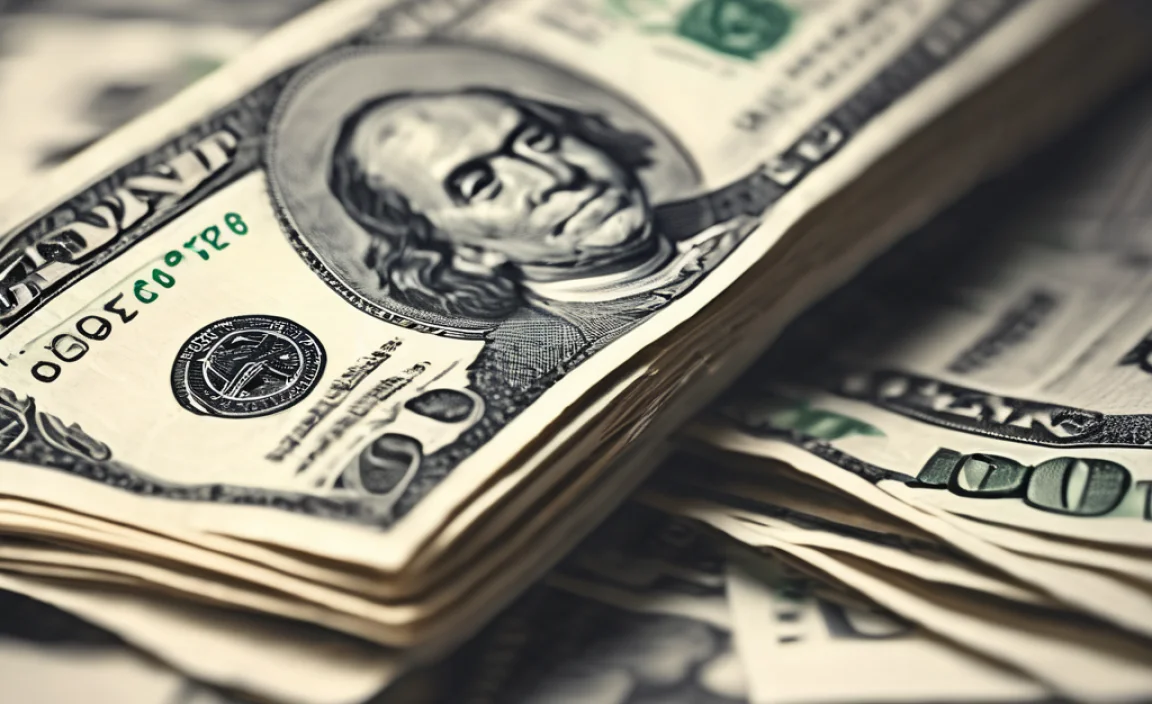
Spending money wisely is important. It helps us manage our finances better. Wise spending means buying what we need, not just want. Making budgets helps control spending. It shows where our money goes. We can save for bigger goals like a bike or a trip. Learning about money helps us spend it better. Smart spending ensures a secure future.
- Budgets track and control spending.
- Needs are different from wants.
- Saving helps achieve big goals.
- Wise spending avoids debt.
- Financial education improves spending habits.
Understanding the difference between needs and wants is vital. Needs are essentials like food and clothes. Wants are extra items like toys or games. Making wise choices between them helps save money. Planning our spending helps us avoid unnecessary expenses. In the long run, wise spending leads to financial stability.
Fun Fact or Stats : Around 40% of Americans make a budget for spending.
Why Is Budgeting Important?
Have you ever run out of money before buying what you wanted? That’s why budgeting matters. Budgeting is like creating a plan for your money. It helps you know where every dollar goes. With a budget, you make sure you don’t overspend. This way, you save for the things you truly want or need. Budgeting is a great way to manage money wisely.
How Can We Save Money?
Saving money might seem hard at first. But it’s all about small habits. First, set a goal for what you want to save for. Next, put aside a little money each week. Skip buying things you don’t need. Every small amount adds up over time. Soon, you’ll have enough saved for your goal. Saving is a smart way to prepare for the future.
What Are Needs Vs. Wants?
Do you know the difference between needs and wants? Needs are things you must have. Like food, water, and a warm house. Wants are things you’d like to have but don’t need. Like the latest toy or a fancy gadget. Understanding this difference helps us make smart buying choices. It makes sure we have money saved for important things.
Facts About Money Around the World

Money looks different across the globe. Each country has its own currency. In America, we use dollars. In Europe, they use euros. Different currencies make traveling interesting. You learn about money from different countries. Exchange rates tell us how much one currency is worth in another. Learning about global money is exciting. It helps us understand how the world connects through money.
- Every country has its unique currency.
- Dollars are used in the USA.
- Euros are used in many European countries.
- Exchange rates show currency value differences.
- Global trade relies on currency exchange.
Travelers often exchange their money for local currency. This allows them to buy things in other countries. Understanding different currencies helps in global trade. It shows how countries interact and depend on each other. Exploring money from around the world is both fun and educational. It widens our perspective on money.
Fun Fact or Stats : The euro is used by 19 of the European Union’s 27 countries!
What Is Currency?
Currency is like a special tool. It helps people buy and sell things. Each country uses its own currency. For example, the USA uses the dollar. Japan uses the yen. These currencies have different values. They help in trading goods and services. Understanding currency helps you know more about how money works in different places.
How Do Exchange Rates Work?
Exchange rates are like a scale. They show how much one currency is worth in another. For example, one dollar might equal 100 yen. These rates change based on the economy. When you travel, you might need to convert your money. Knowing exchange rates helps you get the right amount. It’s like learning a new language of money!
Why Is Global Money Important?
Global money is important because it connects the world. It helps countries trade with each other. Countries buy and sell goods and services using different currencies. This trade helps economies grow. Learning about global money helps us understand international relationships. It shows how interconnected the world is through money.
Conclusion
Money and wealth play a big role in our lives. From ancient coins to digital currency, it’s fascinating. Learning facts about money and wealth helps us make wise choices. Whether saving, spending, or investing, understanding money is key. As we grow, these lessons guide us. They ensure a secure and prosperous future. Money isn’t just about shopping. It’s about shaping our lives and the world.
FAQs
Question: What was the first form of money?
Answer: Early people used barter, trading goods like food and tools. Over time, they used precious metals like gold and silver. Coins made of metals were among the first forms of money.
Question: How does modern money work?
Answer: Modern money includes coins, paper bills, and digital forms. Credit cards and cryptocurrencies are also used. These systems make trading and spending simple and fast.
Question: What is cryptocurrency?
Answer: Cryptocurrency is digital money. It exists online, not in physical form. People use it to make online transactions. Bitcoin is a popular example. It’s a new way to buy and sell.
Question: How can I start building wealth?
Answer: Start by saving small amounts every week. Learn about investing in stocks or bonds. Education and hard work also help build wealth. Make informed money choices to grow your wealth.
Question: Why is it important to learn about money?
Answer: Learning about money helps make smart financial decisions. It ensures you spend wisely and save for the future. Knowledge about money and wealth leads to financial stability.
Question: What are the most interesting facts about money and wealth?
Answer: Some interesting facts include the first coins made in 600 BC. Paper money began in China over 1,000 years ago. Today, digital currency like Bitcoin is changing how we think about money. These facts show the evolution of money and wealth.


